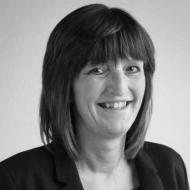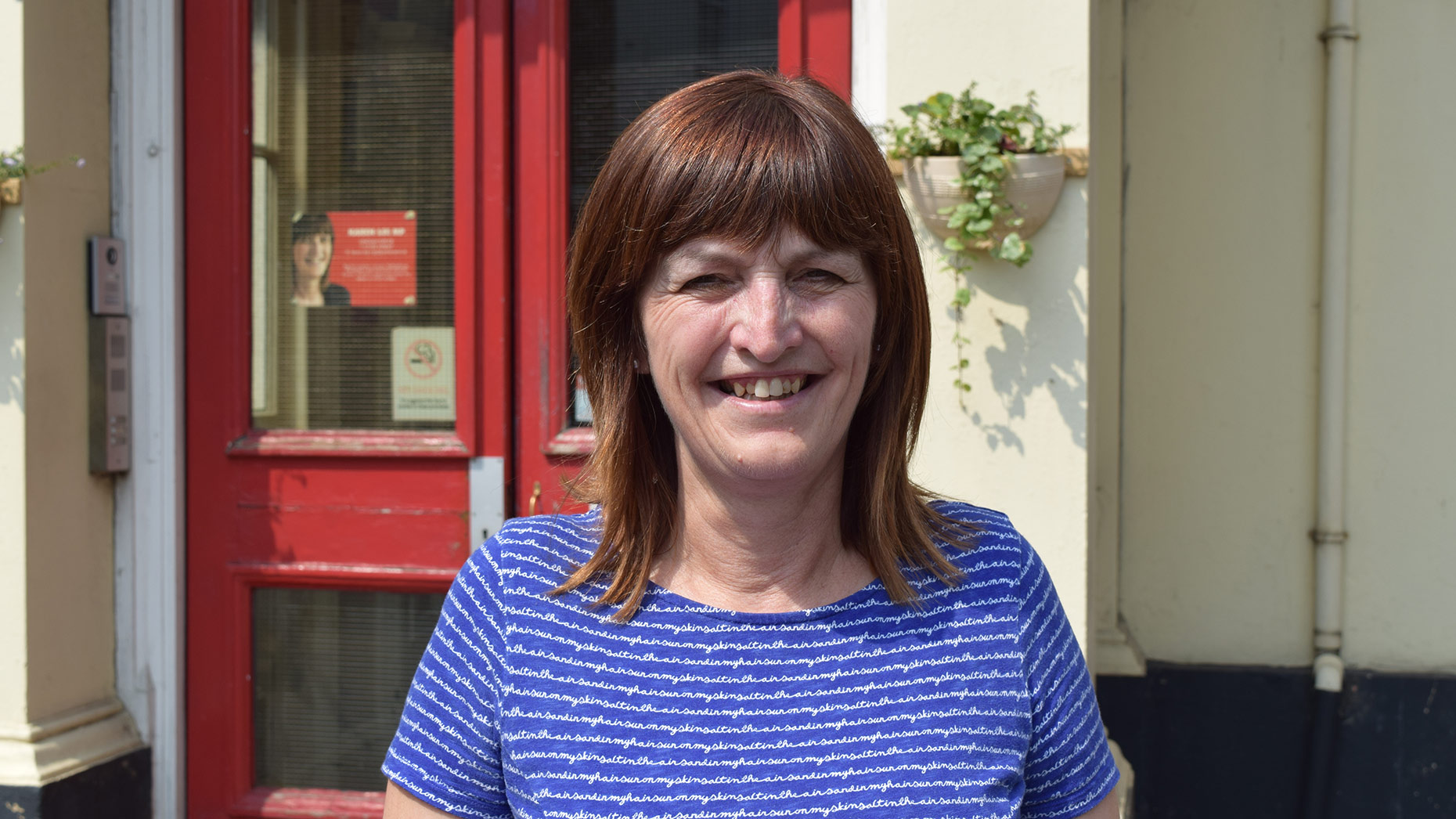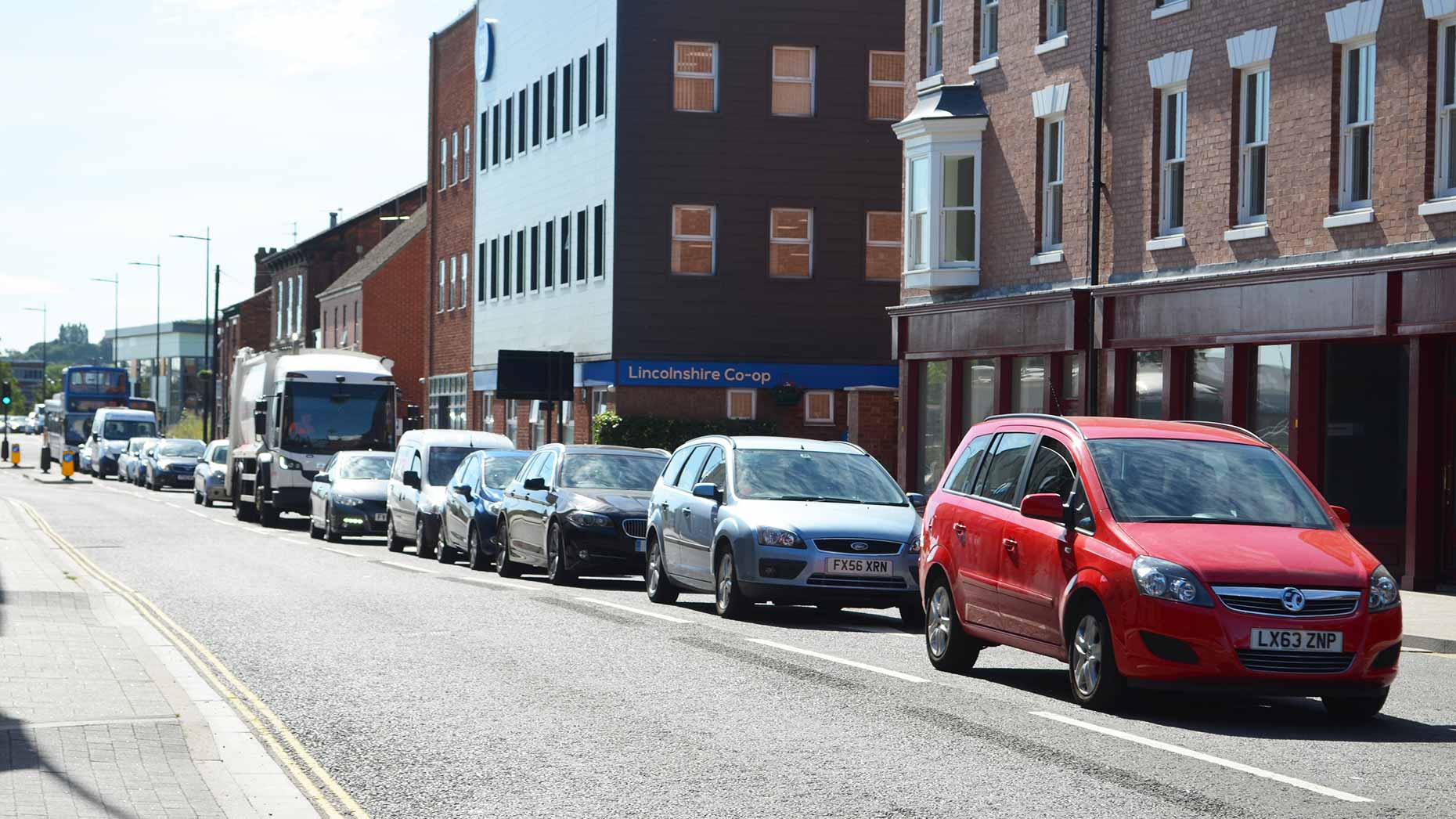The past few weeks have seen climate change at the forefront of the political agenda. The extinction rebellion protests shut down much of central London in a disruptive but peaceful way. The truth is that governments across the world have been hopelessly inadequate in responding to climate change. This was also the message from Greta Thunberg, the 16-year-old climate activist whom I saw speak in Parliament last week.
The science is clear. If we continue to pump greenhouse gases into the atmosphere, global temperatures will continue to rise – causing more fires, floods and ecological disruption. Damaging climate cycles set in motion a disastrous feedback loop of unpredictable and catastrophic changes to the environments we rely on.
As Labour’s Shadow Fire Minister, I’m very aware of the impact of climate change. I visited the fire site on Saddleworth Moor last summer, one of the 25,000 grass and wildfires tackled by fire services between May and July 2018 – more than double the average of previous years. We are only in April, but 2019 is already the worst year on record for large wildfires due to the unnaturally hot February and Easter heatwave.
Fires like these give us just a glimpse into the chaotic future ahead of us; the droughts, food shortages, and unprecedent levels of forced migration that will take place if we fail to take steps to tackle climate change. Add to that the injustice at the heart of climate change. Poorer countries in the global south, who have the smallest carbon footprint, will suffer sooner and sharper than big polluters. We have a moral and legal duty to urgently lead the way in reducing dirty energy.
Local government has a role to play in tackling climate change. I’m proud that Lincoln’s Low Carbon partnership has reduced our city’s carbon footprint by 41% since 2005 and aims for further reductions by 2025. Many students from several schools in Lincoln were among the millions of young people across the world who went on strike to tell politicians to take their future seriously. And during my recent transport community engagement report, it was clear that Lincoln residents have a desire for more eco-friendly transport options.
Fracking also poses a uniquely damaging environmental threat to Lincolnshire. I think it is unacceptable that £53 million of Lincolnshire County Council’s pension fund is invested in companies associated with shale gas development, and I support local efforts to oppose the government’s reckless commitment to fracking.
There is a scientific consensus that we have a maximum of 11 years to prevent irreversible and catastrophic changes, and that human-caused carbon dioxide emissions need to reach net zero before 2050.
We have seen global excitement grow around proposals for a Green New Deal to achieve this aim; this proposes a large-scale economic stimulus to tackle the climate crisis by decarbonising the economy whilst protecting workers in polluting industries that are phased out. To manage a fair transition away from our current dangerous energy system, we must create green jobs whilst tackling inequality and reinvesting in Lincoln and areas across the UK.
Climate change requires urgent and far-reaching action.
That’s why this week Labour forced a parliamentary vote, the first of its kind, to declare an environment and climate emergency. All our futures depend on governments around the world finally treating this issue as a matter of priority.







